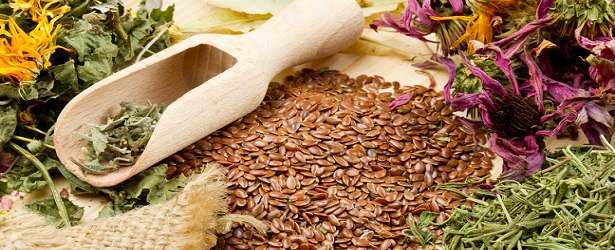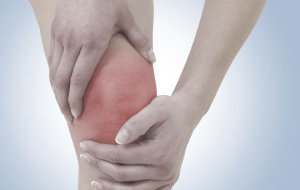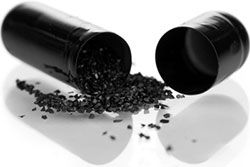Treating Gout
Gout is a form of arthritis that usually appears first in the feet. This condition affects over 8 million people in the United States and can be severely debilitating if left untreated. It can also cause permanent damage to joints and the kidneys. Many gout sufferers do not know how to treat gout and it is important to obtain treatment for gout early on to help prevent disability.
Gout is caused by high levels of uric acid in the bloodstream. Uric acid is formed as a by-product of purines in the diet. When this waste builds up, the kidneys normally flush it out. When levels of uric acid are too high, it can form crystals in the soft tissues and joints. This causes the painful attacks associated with gout.
The first attack usually affects the great toe and then can spread to the knees, ankles and elbows. Factors for acquiring gout include; genetics, uncontrolled high blood pressure, certain health conditions, and being overweight. Also, consuming high purine foods can increase uric acid levels in the body.
How To Treat Gout
Gout attacks must be treated as early as possible to prevent permanent damage. Your physician can prescribe certain medications to help control the inflammation and reduce uric acid levels. Regardless of the treatment options, it is important to see your physician for diagnosis. Here are some tips to help with gout treatment:
 Avoid alcohol. Especially beer, which can raise uric acid levels. A 5 ounce glass of wine daily may be okay, but try to avoid alcohol during an acute attack.
Avoid alcohol. Especially beer, which can raise uric acid levels. A 5 ounce glass of wine daily may be okay, but try to avoid alcohol during an acute attack.- Control your weight. Being overweight contributes to gout and can increase pain levels due to excess weight on the affected joints.
- Drink water. If you don’t already, try to get in at least 8 glasses of water daily and as many as 10 to 12 glasses if possible. This will help rid your body of uric acid.
- Get tested. Your doctor can aspirate some fluid from an affected joint and check for gout. They can also draw uric acid levels from the blood. This will help you and your doctor find the right treatment.
- Rest and Elevate. Rest the affected areas and elevate it above the heart. Try not to walk around too much during the acute flare and use ice wrapped in a towel. Wear loose clothing and properly fitting shoes. Too much pressure can increase your gout pain.
- Avoid purine foods. Foods high in purines can elevate uric acid levels. Avoid red meats, organ meats, alcohol, and seafood until the attack subsides.
- Eat gout relieving foods. There are certain foods that can help relieve gout including, cherries, citrus, and certain berries. Cherries have a known effect on relieving inflammation from arthritis.
- Use anti-inflammatory medications, but not aspirin. Naproxen and ibuprofen are helpful with pain and inflammation but aspirin can increase uric acid and make the attack worse. Always check with your doctor before using any medications.

 Subscribe Now
Subscribe Now











